Date: 18 May 2007
Grace T.H.W. Group may sell a 25 percent stake in Shanghai next year, said Wong, the company's founder and chief executive officer. Grace Group's factories in Guangzhou, Shanghai and Wuxi make plastics and components for the plates that hold semiconductors and other parts of electronic devices.
An initial public offering would give Wong, 56, funds to mount a bigger challenge to Formosa Plastics Group, founded and controlled by his 90-year-old father. Wong wants to build a US$150 million furnace in China that turns sand and clay into glass yarns and a US$100 million plant that weaves them into fabrics for use in phones and computers.
"The IPO should attract buyers," said Michael On, who manages US$60 million at Beyond Asset Management Co. in Taipei. "Based on the successful experience of his father's Nan Ya Plastics, the Grace Group should be able to succeed in China."
Nan Ya Plastics Corp., a Formosa Plastics unit based in Taipei, is the world's biggest processor of plastic for pipes and imitation leather. It is also the largest maker of glass fiber cloth, which is used in almost all electronics products, according to Wong, who was a senior vice president of Nan Ya until November 1995.
"Nan Ya Plastics is our biggest competitor," Wong said in a May 14 interview in his Taipei office. His Grace Group isn't affiliated to Grace Semiconductor Manufacturing Corp., China's second-biggest supplier of made-to-order chips, which Wong co- founded with a son of former President Jiang Zemin in 2000.
Grace Group, which Wong established in southern China's Guangzhou in 1996 with backing from Nomura Holdings Inc., has been profitable since 2000, he said, declining to give details on earnings. Sales totaled almost $900 million last year, he said. That's about one-sixth of Nan Ya Plastics' revenue.
Grace plans to ask China's stock market regulator this year for approval to sell shares, said Wong, who uses a different Western spelling of his name from his father. The Chinese spelling is the same. "We're actively working very hard on it," he said of the plan.
The listing would include all or some of the four group companies that make components for electronics products, he said. He has no plan now to sell shares in the plastics businesses.
The company is in talks with investment banks including UBS AG and Morgan Stanley to manage the share sale. Grace has also discussed the plan with accounting firm KPMG, he said.
Morgan Stanley's Hong Kong-based spokeswoman Cheung Po-ling and Angel Yeung, corporate communications director at UBS, declined to comment. KPMG has been in contact with the Grace Group, though the two haven't signed any agreement, said Ulyos Ma, KPMG's chief executive officer in Taiwan.
Grace has facilities in Shanghai able to make 10,000 metric tons of glass yarns annually and 12 million square meters of glass fiber cloth a month, Wong said. He plans to borrow the balance of the funds needed for the post-IPO expansion in China.
"As soon as I have the money, I'll start," he said.
The new plants' capacity will be four times Grace Group's existing glass yarn furnace and triple the size of its weaving plant, boosting its glass fiber cloth capability close to that of Nan Ya Plastics' current size, Wong said.
Grace Group wants to gain from China's demand for glass fiber cloth, which increases at a "double-digit" pace annually, Wong said.
"It's good timing to list in China because of the high growth in the industry there," said Jason Lin, a Taipei-based analyst at SinoPac Securities Corp., who has a "hold" rating on Nan Ya Plastics.
Wong said in February he considered selling shares in Hong Kong or Tokyo.
Nan Ya Plastics has said it plans to double its capacity to produce printed circuit board components in China by the end of this year. The company has about 30 plants in China.
China's use of glass fiber is rising after companies including Asustek Computer Inc. the world's biggest producer of boards that connect computer parts, and Quanta Computer Inc., the largest notebook computer maker, moved production lines there from Taiwan to lower costs.
Grace Group employs about 5,000 in China, divided almost evenly between the electronics materials and the plastics businesses, and around 60 in the Taipei head office, Wong said.
Wang is Taiwan's third-richest man, according to the Forbes magazine. Units of Formosa Plastics Group, Taiwan's largest diversified industrial company, include Formosa Plastics Corp., the world's second-biggest maker of polyvinyl chloride, and Nan Ya Plastics and Formosa Petrochemical Corp., Taiwan's only publicly traded oil refiner.

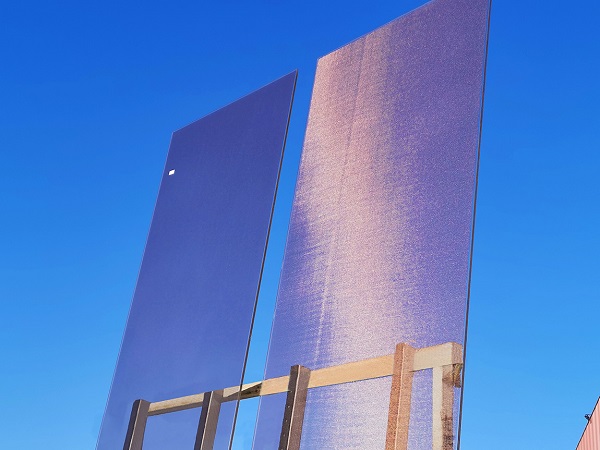
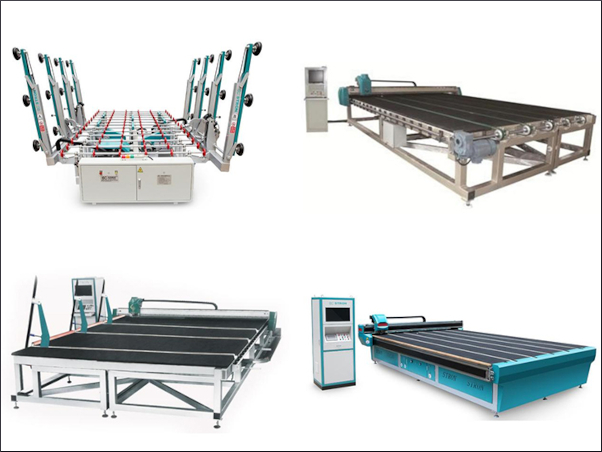
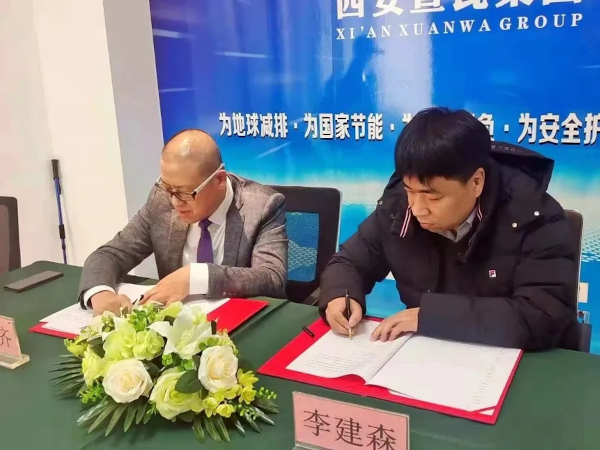
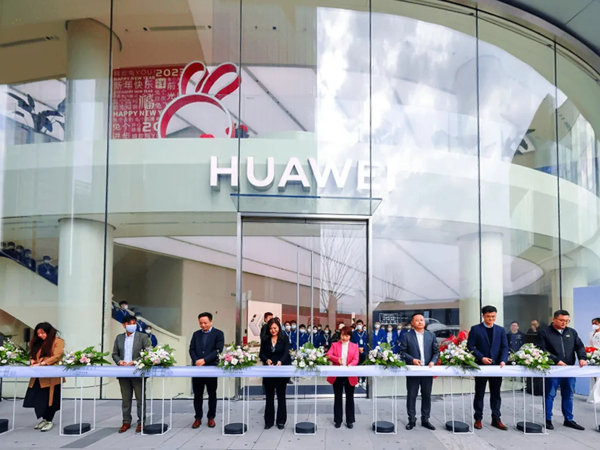
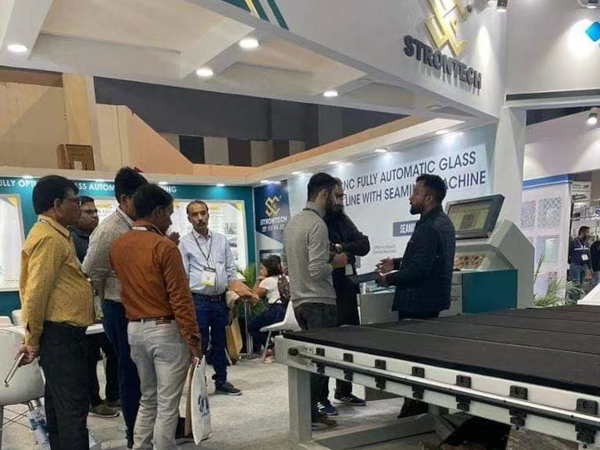
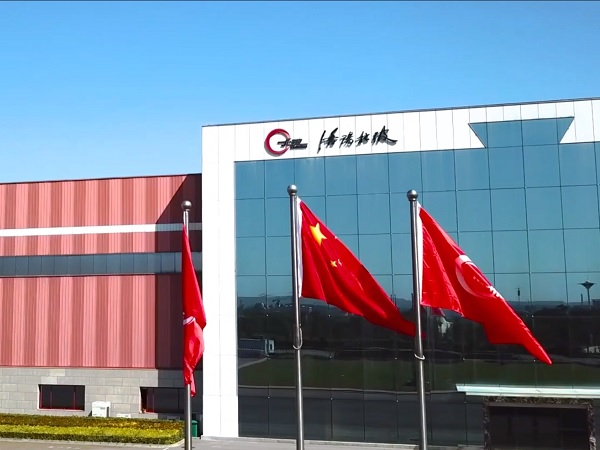

Add new comment